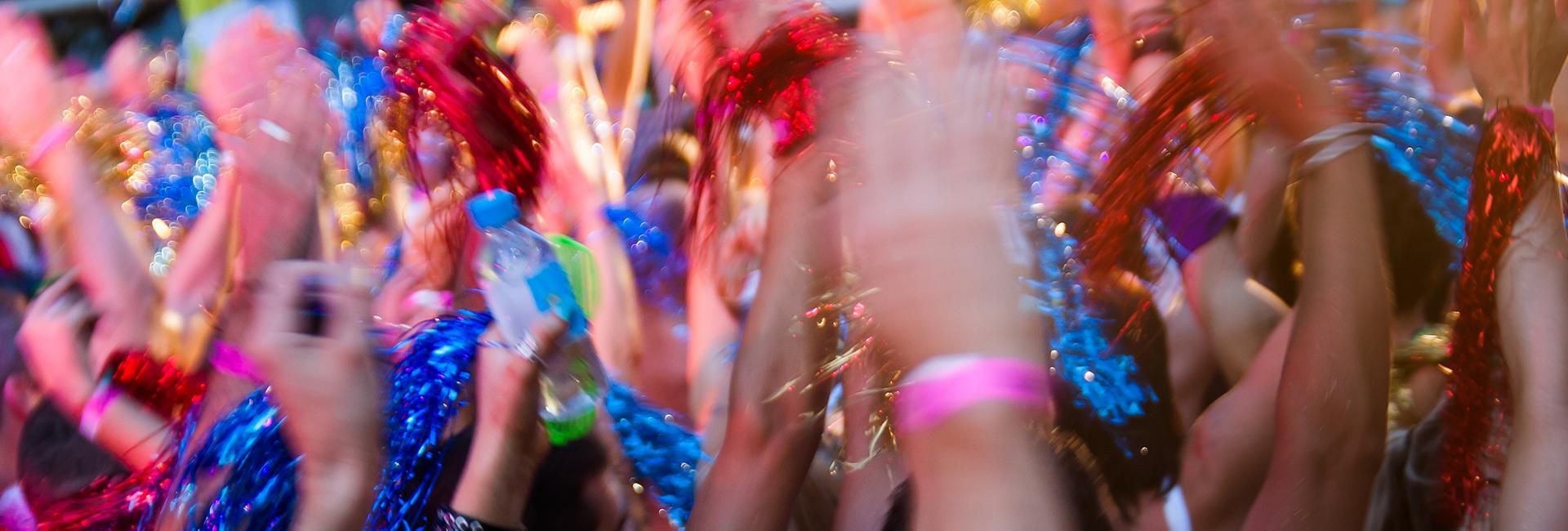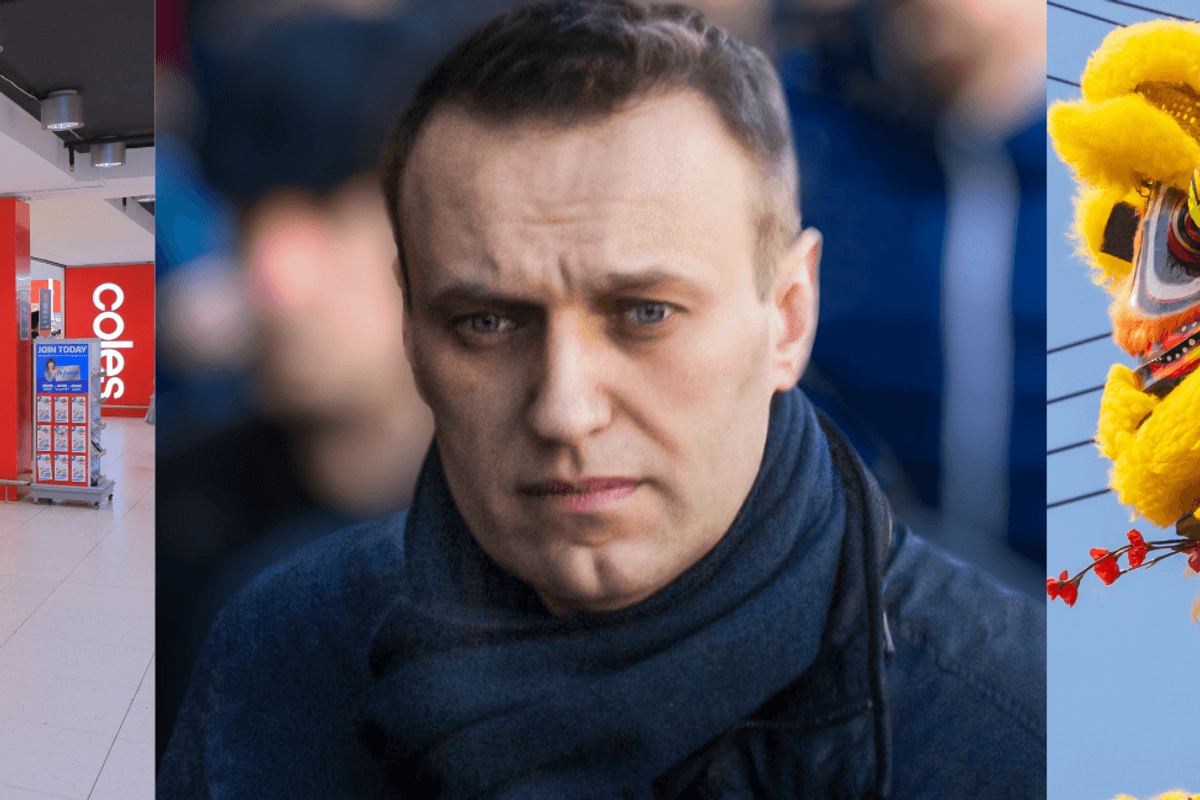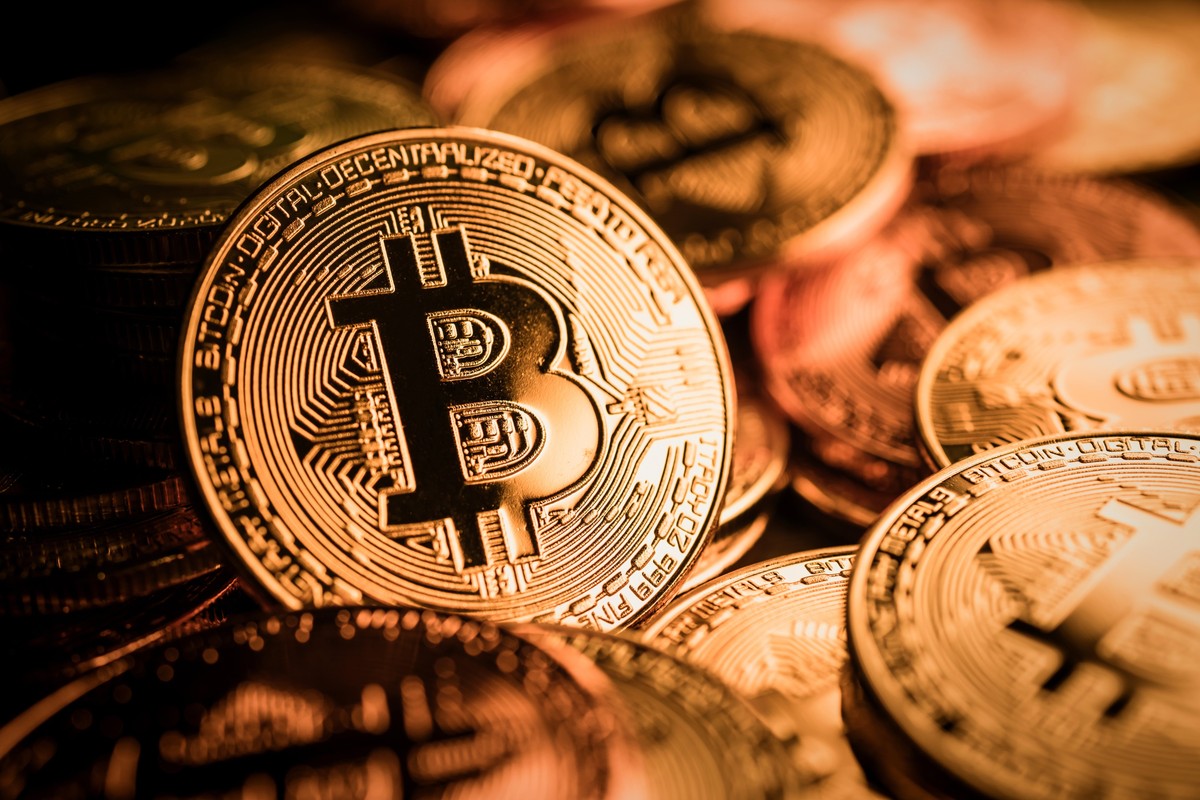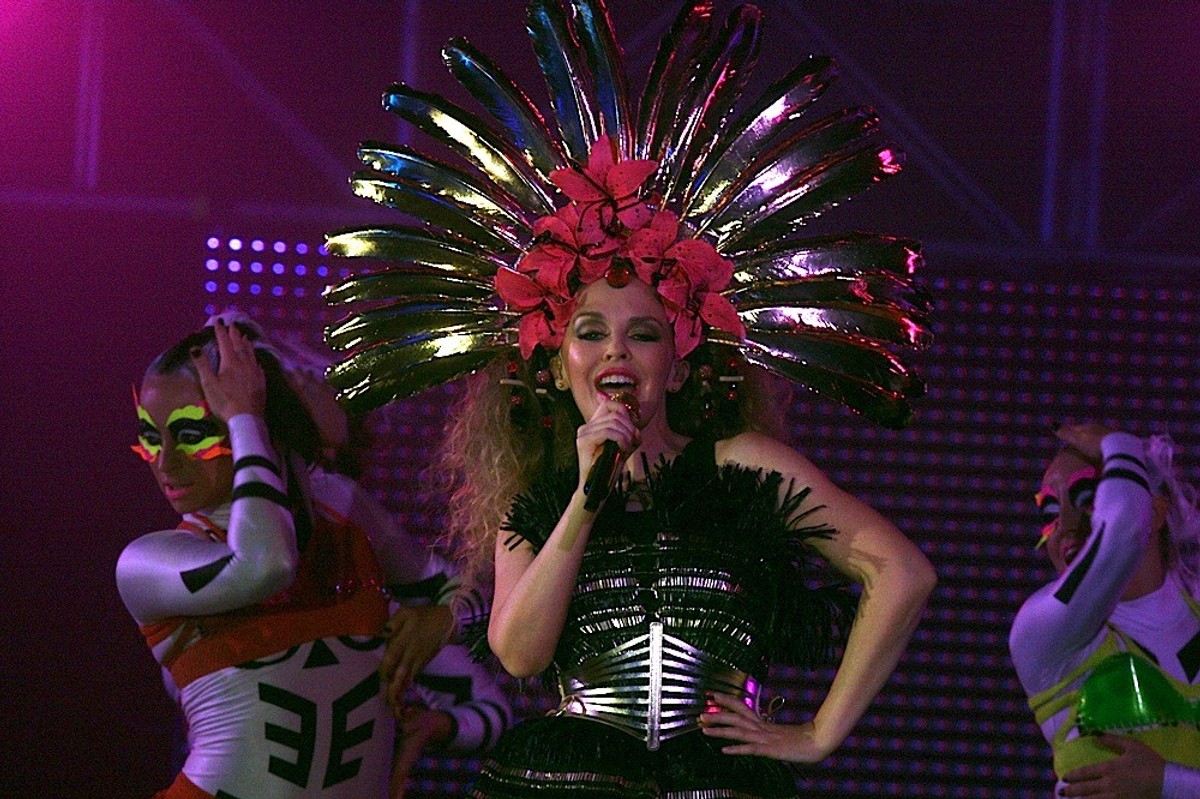In Singapore, LGBTQIA peoples still face discrimination at work, social judgment and even physical harm. For Dionne, coming to Sydney was a revelation.
There are many reasons a 24-year-old woman might be found crying in the middle of the Cliff Dive dance floor on a Saturday night. In my case, I was overcome with emotion, in the best way. After half my life spent in anticipation, I was finally at my first Pride event.
I spent most of that night in the queue to enter the ticketless club. It was half past three in the morning, and my entire body was lightly spritzed from the intermittent rainy season showers. This dampness amplified the smell of bad whiskey, dull orange soap from the rank women’s restroom of a nearby bar, and the sweat of disoriented men who clearly did not have "gaydar".
What might typically be considered miserable circumstances felt like a dream to me.
"Celebrating queer Pride" rose to the top of my bucket list from the moment I came out in 2010, at age 12. So, even as a rowdy bunch of men cut in front of me to talk about Mardi Gras being a much-awaited opportunity to gawk at scantily-dressed women, I was not fazed. I could not say the same of the person who had invited me out that night. Listening to my "baby gay" friend mouth off about how these strangers were desecrating the Sydney Gay and Lesbian Mardi Gras festivities felt surreal. It has been almost 12 years since I came out, yet I had never heard someone talk so fervently about queer rights until this night.
Growing up in conservative Singapore, in a right-wing home, while attending a convent school, brought extra dimensions to my coming out process. I had to overcome the default heterosexual mindset that surrounded me to rediscover myself in the context of multiple belief systems.
Coming out involved moonwalking back into the closet a couple of times along the way, but it got easier with exposure to my queer peers. My exes played fundamental roles in helping me peel back the layers of shame surrounding sexual identity. At the ripe old age of 13, I broke up with my first girlfriend because I realised I was committing a crime. By 16, I had gained some footing and had two long-term relationships. But not one date.
'I found my way to the dance floor and watched as they sang along, all the while keeping in sync with the beat of my childhood closeted queer anthems.'
It was not until 23 that I shaved my head, cut my nails and swore off heels forever. Even then, I was still so afraid of exposing my sexuality, it took me months to finally hold my partner’s hand in a public space in Singapore.
Needless to say, while I was familiar with "pride" as a concept, I had never put it into practice.
It was cathartic to think about how my tween self would have appreciated the sights I took in on the night of my first Mardi Gras. Oddly, standing for hours in that queue is probably my most vivid memory of the night. The security guards on duty offered some club goers their umbrellas and we raised them high to shelter our nearest fellow partygoers.
Some folks under the umbrella next to mine, decked out in latex, feathers and glitter, started their own party in a corner. With "Montero" by Lil Nas X at full volume on someone’s phone and paper-bag-swaddled bottles in every hand, nothing could stop this bunch from having a good time.
My eyes trailed back to the hopeful swaying drunkards lined up behind me, snaking up towards Oxford Street. With the umbrellas resembling floats and the "lewks" served that evening, it was like our own private little parade.
The two hours passed pretty quickly. I peeked up for a final glimpse of the six colours projected onto this nameless building in Darlinghurst before ducking into the club. I found my way to the mass of people squeezed onto the dance floor and watched as they sang along, all the while keeping in sync with the beat of my childhood closeted queer anthems. Never had the lyrics to Macklemore's "Same Love" –"I can't change. Even if I tried. Even if I wanted to" – rung so true.
I started to tear up at this display. It is embarrassing to admit that I am still largely paralysed by my fear of self-expression. In an attempt to explain my general awkwardness around my sexuality, I often say that “I was raised in a conservative society”.
This is also the argument my country uses to defend the ongoing criminalisation of homosexual behaviour. Though the 1930s era Penal Code 377A is rarely enforced, the government confirmed in 2018 the public prosecutor retains the discretion to pursue charges. Singapore's government argues Penal Code 377A, which prohibits consensual gay sex, acts to prevent social disharmony which might ensue if the country was to endorse homosexuality in a society that holds traditional values. But why should ensuring the comfort of homophobic citizens outweigh the rights of an entire demographic to love, in public or private.
The deeply contested law remains in place despite a call by the UN Human Rights Commission in its five-yearly 2011 Universal Periodic Review for its repeal, three separate High Court challenges in recent years and the active and growing presence of queer organisations such as OogaChaga in the city state.
Within these societal restrictions, Singapore allows one Pride event, Pink Dot, to be held each year, at Hong Lim Park in Chinatown. This venue is more prescribed than chosen, as the park is the sole designated location to host legal protest rallies in the country. Beyond the park's perimeter, my home has labelled me a criminal.
The modern day understanding of being a part of the LGBTQIA community is slowly evolving. Queer subculture social media such as "#Gaytok", with more than 4 billion views globally, is rising in popularity and shows such as Queer Eye have successfully reached the Singaporean mainstream. But the gap remains. Friends have faced outright discrimination in the workplace on suspicion they were gay and I know of countless cases of broken homes, of being rejected by family upon coming out. Broadcasting your sexual orientation comes at a cost – in relationships lost, judgment and even physical harm.
The fight goes on. My community continues to challenge the law that discriminates against us with multiple constitutional cases in the courts. So far, they have all been dismissed, but the outrage from queer organisations and netizens sparked by the court's inaction sparked a debate in the government sector. And it was reported in Singapore's conservative media. Visibility matters.
These small changes plant fresh hope within me. Maybe one day, I will not have to leave my rainbow flag behind when I touch down at Changi airport; maybe one day, I will stand without an umbrella for hours, not in a prescribed "protest" park, but on the streets of Chinatown, in central Singapore, just waiting to step through the door to my first out and proud Pride party on home soil.
Dionne is studying for a Bachelor of Media (Communication and Journalism) at UNSW. She has written for AUGUSTMAN and Shadee Care and is passionate about feature writing, humanitarian work and cheesecake.






